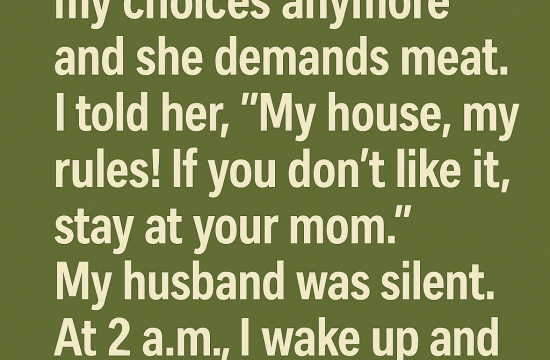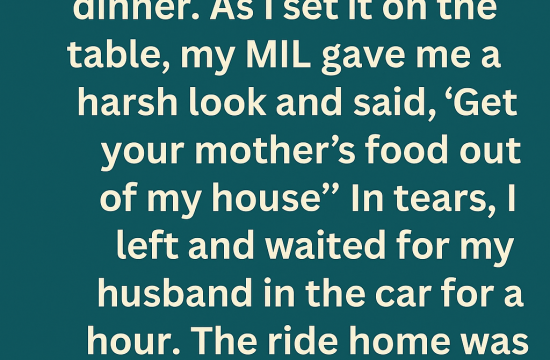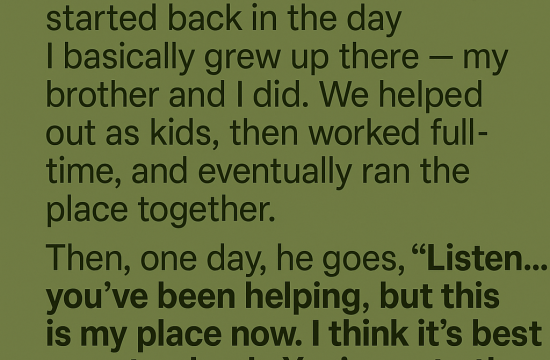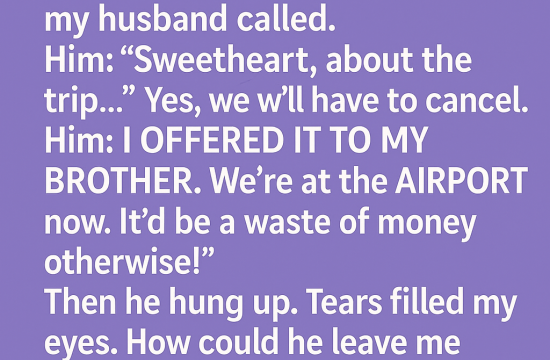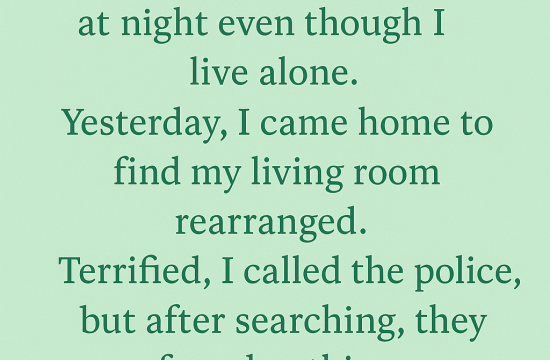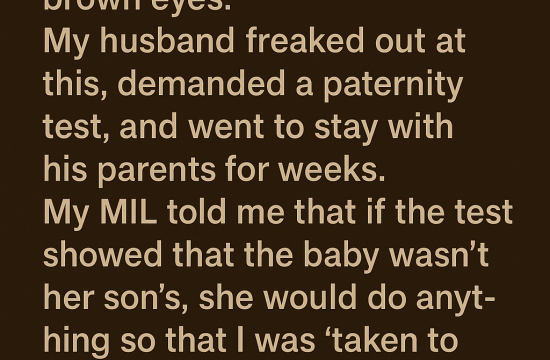A simple, heartwarming gesture turned into a profound moment of courage and community for 7-year-old Callen and his mother.
When Callen came home in tears one afternoon, his mother knew something was deeply wrong. His voice trembled as he explained that his class was having a potluck, but he didn’t want to go. “Alden said poor kids shouldn’t bring food,” he mumbled, eyes downcast. His mother felt her heart crack. They had been through tough times — money was tight, but love and dignity weren’t.
She didn’t raise her voice. Instead, she raised a pie.
That night, Callen’s mother stayed up late baking her grandmother’s apple-caramel pie — a family recipe passed down like a legacy. It wasn’t just a dessert; it was history, resilience, and comfort all rolled into a flaky crust.
The next day, she accompanied Callen to school, pie in hand. She had prepared herself to confront the teacher, assuming the school had somehow been insensitive. But what she discovered was worse: it wasn’t the staff — it was another child. Alden, a classmate, had cruelly whispered that Callen didn’t belong at the potluck because “poor kids don’t bring food.”
Callen’s mother could have chosen anger. Instead, she chose a lesson.
She placed the pie on the potluck table with grace, asked Callen to help slice and serve it, and quietly stood by as her son reclaimed his dignity. As classmates tasted the dessert, compliments poured in: “This is amazing,” “Who made this?” “Can I have the recipe?”
Callen, cheeks flushed with pride, answered each one.
Even Alden, caught in the quiet irony of the moment, accepted a slice — and with it, a lesson he would never forget. The “poor kid’s pie” became the most talked-about dish that day.
But the story didn’t end at the last crumb.
Once the incident reached the school administration, real change followed. The principal, deeply moved by the encounter, launched a school-wide initiative on kindness, inclusion, and empathy. “Mix-up lunches” were introduced to encourage students to sit with different classmates. “Kindness challenges” became monthly themes. A free snack table was added for any student in need — no questions asked.
And in a gesture that cemented the moment into school memory, the staff announced a community cookbook project. Each student could contribute a family recipe. Callen proudly submitted the apple-caramel pie, along with a short note: “This pie made me feel like I mattered.”
Callen learned something that day — something his mother had always tried to teach him. That he was not defined by what he didn’t have. He was defined by what he gave. His courage. His story. His pie.
And sometimes, the quietest act — showing up with a homemade dessert — can stir the deepest change.




